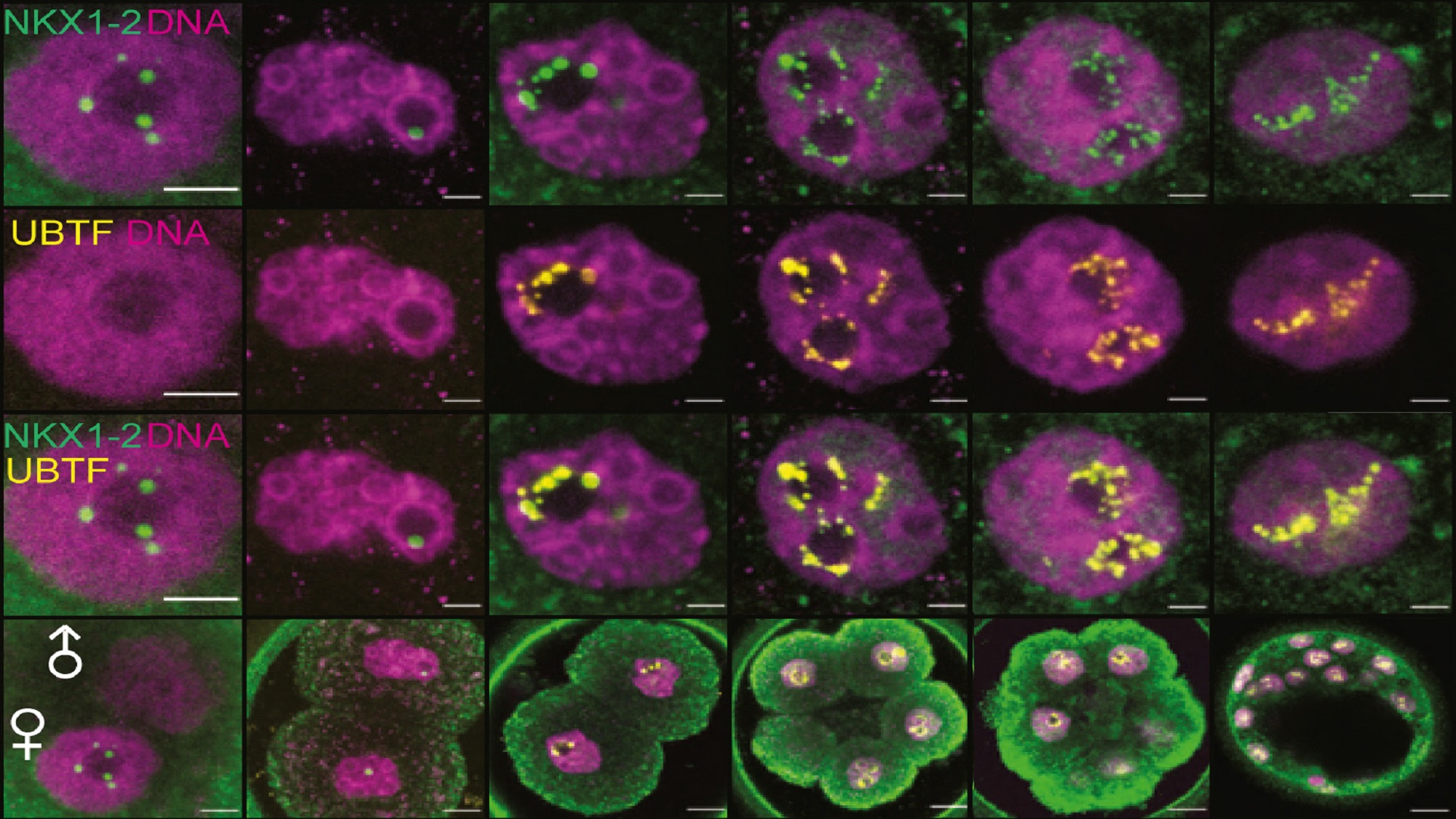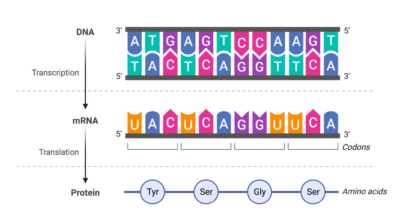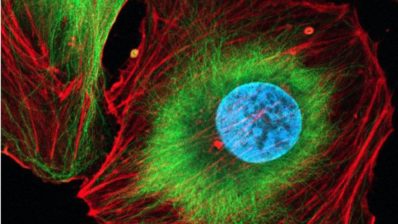When an embryo develops, it increases its number of cells, these cells specialize, and a multitude of other processes take place. But all of these actions don’t happen by chance: it is a highly regulated process. In fact, one of the proteins responsible for organizing all these stages is NKX1-2, recently studied in a research by Pia Cosma‘s laboratory at the Centre for Genomic Regulation (CRG) in collaboration with the Chan Zuckerberg Biohub New York.
NKX1-2 ensures that everything happens at the right moment, organizing the cell to produce proteins and to correctly arrange and distribute chromosomes at specific times. This has been observed in mouse embryos since the early developmental processes are very similar between this animal and humans. What the research team has found is that when NKX1-2 does not perform its function, ribosomes, the parts of the cell responsible for making proteins, are not produced. Additionally, embryos between 2 and 4 cells with inhibited NKX1-2 do not distribute chromosomes and stop growing.
When the machinery responsible for cell division and chromosome separation malfunctions, there are problems in embryonic development, such as spontaneous abortion. Therefore, gaining a more detailed understanding of the proteins that regulate these processes will help us better understand what happens and what can be done about it.
Nakagwa, S., Carnevali, D., Tan, X., Alvarez, M. J., Parfitt, D., Di Vicino, U., Arumugam, K., Shin, W., Aranda, S., Normanno, D., Sebastian-Perez, R., Cannatá, C., Cortes, P., Neguembor, M. V., Shen, M. M., Califano, A., Cosma, M. P. (2024). The Wnt-dependent master regulator NKX1-2 controls mouse pre-implantation development. Stem Cell Reports, 19(5). DOI: 10.1016/j.stemcr.2024.04.004






